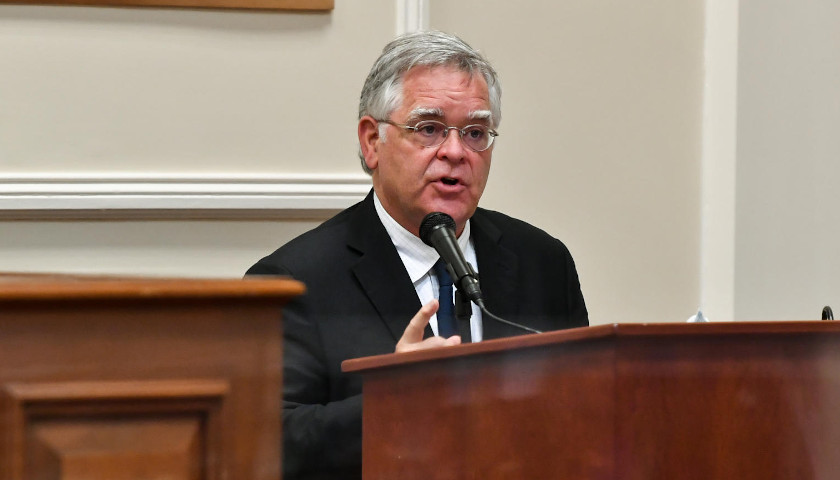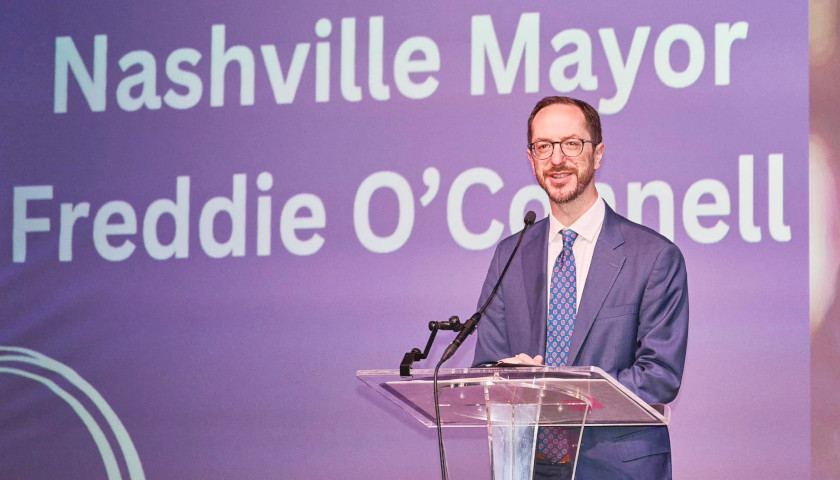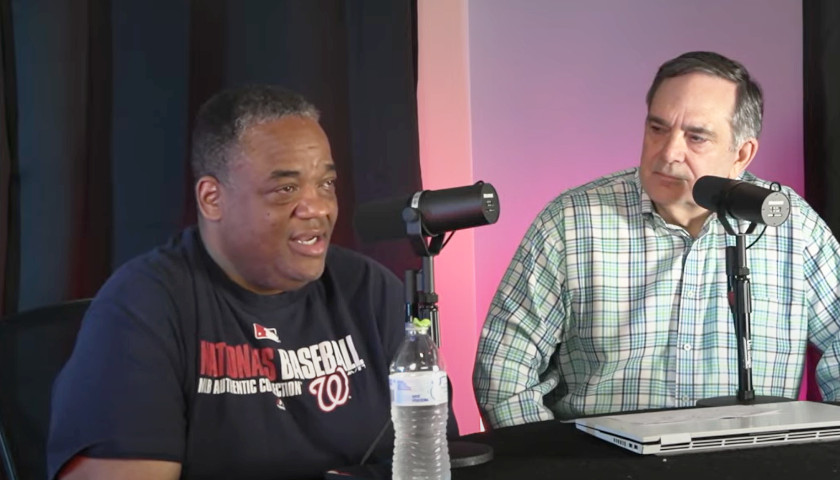by Vivian Jones
Despite dramatic threats to cut essential city services if a referendum to repeal Nashville’s 34 percent property tax increase prevails, necessary budget cuts likely will not be made as Mayor John Cooper has laid out.
Cooper has called the referendum a “poison pill” and said repealing the city’s property tax hike would be a “self-inflicted crisis” that would “gut essential city services.” Metro Nashville Public Schools Director Adrienne Battle has said potential cuts could “render the school district unrecognizable.”
Cooper issued a news release last month that outlined what an across-the-board 35 percent budget cut would look like, spread evenly across Metro operations.
Trash collection could be cut to twice monthly and recycling collection eliminated, Cooper said. Parks, recreation facilities and libraries would be partially to completely closed. More than 500 positions would be eliminated from the Nashville Fire Department, Cooper said. Four of Metro Nashville Police Department’s eight precincts could be closed, and the police force could be reduced by one-third, causing “dramatic increases in response time and delays.”
The mayor repeatedly has reiterated such cuts during news conferences and in news releases since.
While passage of the referendum would move the budget out of balance, forcing Metro to make significant budget cuts, Cooper’s office, however, said a universal one-third cut of all department budgets, as Cooper has outlined, likely will not occur.
“An across-the-board cut is unlikely,” Cooper spokesperson Andrea Fanta told The Center Square. “An implementation based on priorities, such as life/health safety, would be less damaging to the community.”
Fanta noted few corners of the Metro government, including emergency services and schools, would be spared from budget cuts.
“Spending reductions of this magnitude would represent near-term and possibly long-term cessation of many general government services – particularly those not obligated by the Metro charter or state law,” Fanta said.
Because of the timing of a potential referendum vote, Metro government and Metro Nashville Public Schools would need to cut budgets by $332 million over about six months.
“The impact would be staggering,” Fanta said, noting Metro has instituted a freeze on nonessential hiring and capital spending.
After the state threatened to take over the city’s finances last November, the Metro Council opted to balance the city’s budget by passing the massive property tax increase instead of dramatically cutting spending.
Property tax bills reflecting the 34 percent increase will go out this week. According to analysis from the Tennessee chapter of Americans for Prosperity, property taxes on a home valued at $300,000 will reflect an increase of just under $800. Property tax on a home valued at $500,000 would increase by more than $1,300.
“They haven’t cut anything to begin with. They grew the budget by over a million dollars, knowing that we were in a fiscal crisis,” said Tori Venable, Tennessee state director of Americans for Prosperity, which supported efforts to gather signatures for the referendum.
Nashville has nearly twice as many employees per 1,000 residents as more-populous cities of Louisville, Indianapolis and Jacksonville, according to an analysis from the Beacon Center of Tennessee. Nashville Metro employees’ defined benefit pension plans do not require any contributions from employees and have cost taxpayers more than $696 million since 2015.
“We’ve had revenue coming in for years and years, and here they are with nothing to show for it – no cash reserves. And now the shell game is up,” Venable said. “Now people can see just how much Metro has been wasting their resources.”
A citizen group called 4 Good Government delivered more than 20,000 signatures petitioning for a December referendum on the Nashville Taxpayer Protection Act.
The Davidson County Election Commission plans to ask a judge whether the Nashville Taxpayer Protection Act petition must go to the public for a referendum vote in December.
– – –
Vivian Jones reports on Tennessee and South Carolina for The Center Square. Her writing has appeared in the Detroit News, The Hill, and publications of The Heartland Institute.
Photo “Mayor John Cooper” by nashville.gov.








Time for the state to take over.